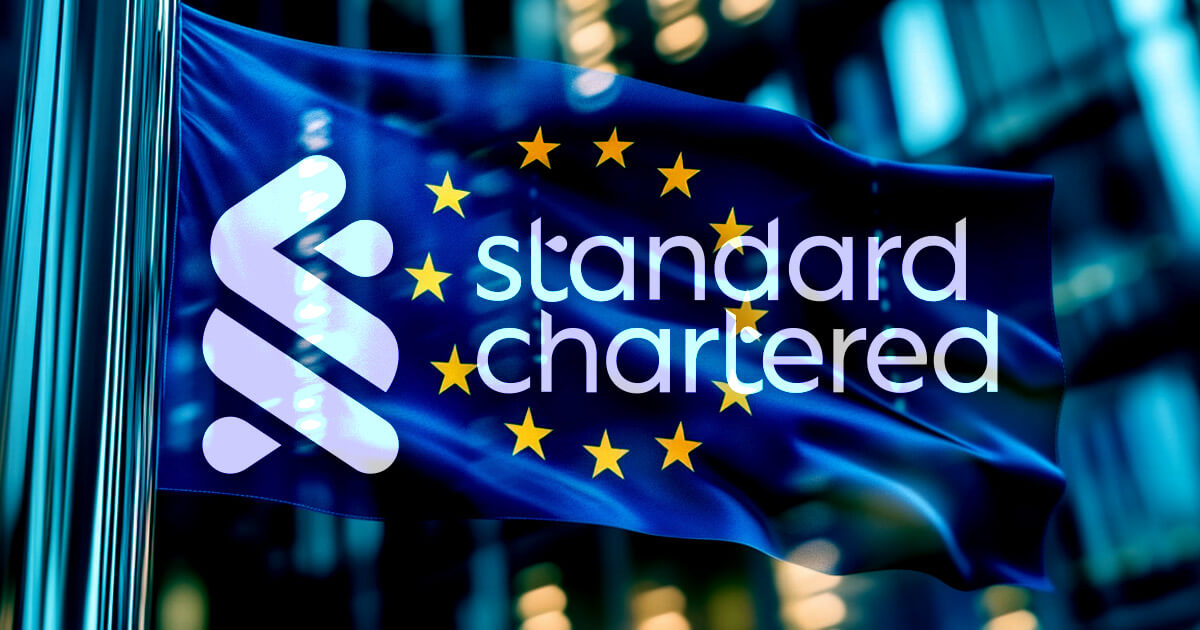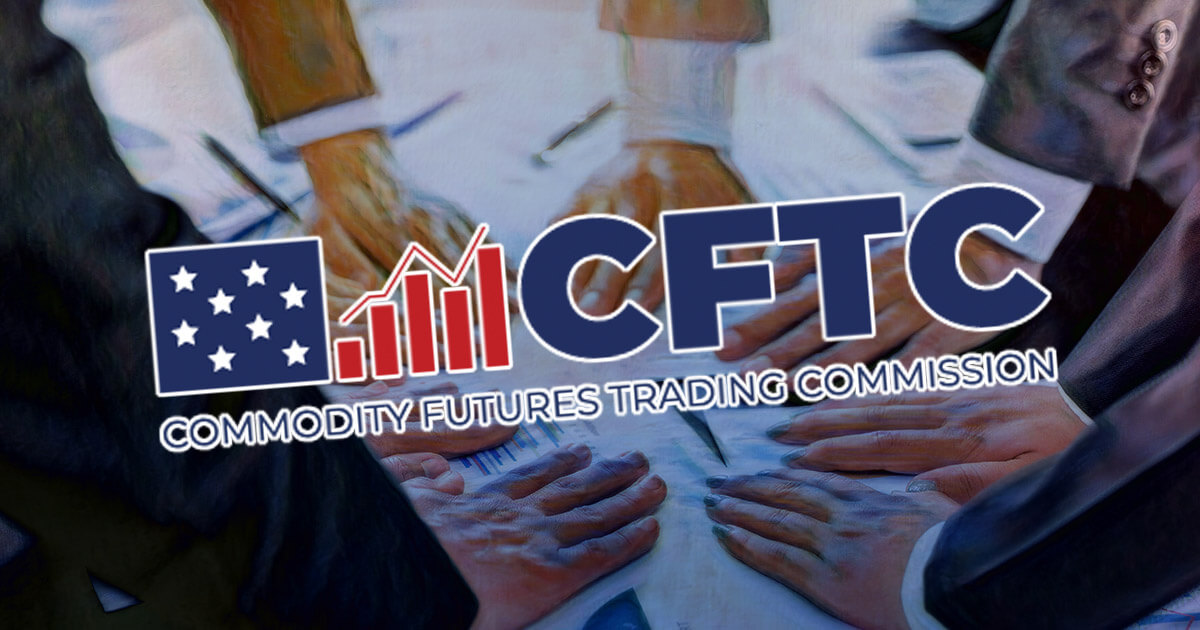At the London Blockchain Conference 2024, the Swiss Metaverse Association introduced its Regulatory Position Paper, which aims to assist politicians in Switzerland and around the globe in creating “positive” regulation for the metaverse space.
There were few more prescient topics to round off London Blockchain Conference 2024‘s three days of presentations on its ‘Spotlight stage’ than a talk on the metaverse.
The speaker was Dr. Daniel Diemers, co-founder and board member of the Swiss Metaverse Association, an organization whose goal is to create a broad-based metaverse ecosystem and advocate for favorable framework conditions in Switzerland.
He began by announcing to the enthusiastic delegates that, “I’m from Zug, the famed crypto valley, and I’m talking about regulating the Metaverse.”
After which, he paused, joking that he was expecting to hear boos from the crowd. There were none, but as he swiftly pointed out, perhaps the lack of jeering was no surprise from an audience of blockchain and fintech enthusiasts overwhelmingly pro-regulation and compliance.
Diemers then went on to explain the impetus for the Regulatory Position Paper.
“The metaverse narratives goes, like AI and blockchain, through cycles… but you and I know it’s not going away,” he said. “We are trying to create a dialogue between academics, startups and of course regulators in the space.”
The paper itself, titled ‘Creating certainty for the Metaverse,’ breaks the space down into four “independent ecosystems” that come together to create the metaverse. Namely: NFTs, blockchain, and digital assets; gaming and e-sports; brands, influencers, and creators; and cloud and big tech.
The Swiss Metaverse Association also created working groups to cover various aspects of the space, including arts and culture, insurance and payments, tech and infrastructure, consumer and fashion, and regulation, tax, legal, and policy.
Diemers’s talk focused on the latter of these working groups. He explained how his organization’s approach was, “Let’s build a position paper and send it out to the world… and send it to the politicians, to warm them up slowly to the fact that regulation is coming.”
This, he said, was a copy of the blueprint used by blockchain advocates in Switzerland, including Diemers himself, to get progressive digital asset and blockchain regulation pushed through Swiss parliament.
The key areas of focus for the paper, as outlined by Diemers, were digital interaction, education programs, data privacy, IP, taxation, digital identity, legal entity and licensing regime, digital assets, and labor law.
He was also keen to point out that it was essential to the Swiss Metaverse Association that the paper was “lean, understandable, clear language.” A point particularly relevant for blockchain advocates and businesses in the audience, who struggle with getting their messages across to lawmakers and potential investors—something that’s been a theme of many discussions at the London Blockchain Conference 2024 on blockchain-related publicity and communications.
“So now we throw it to the politicians,” said Diemers, rounding off his presentation on the Metaverse Regulatory Position Paper. “I hope that in three or four years, I can stand here and say we solved some of these issues.”
He concluded by assuring the crowd that “digital assets will be an elementary part of the metaverse… we hope to see this development tie many things together, including AI and blockchain. There are so many things that can happen. Let’s let them happen in a positive, regulated way.”
Watch: How leaders should navigate the seas of innovation
New to blockchain? Check out CoinGeek’s Blockchain for Beginners section, the ultimate resource guide to learn more about blockchain technology.
Credit: Source link














































